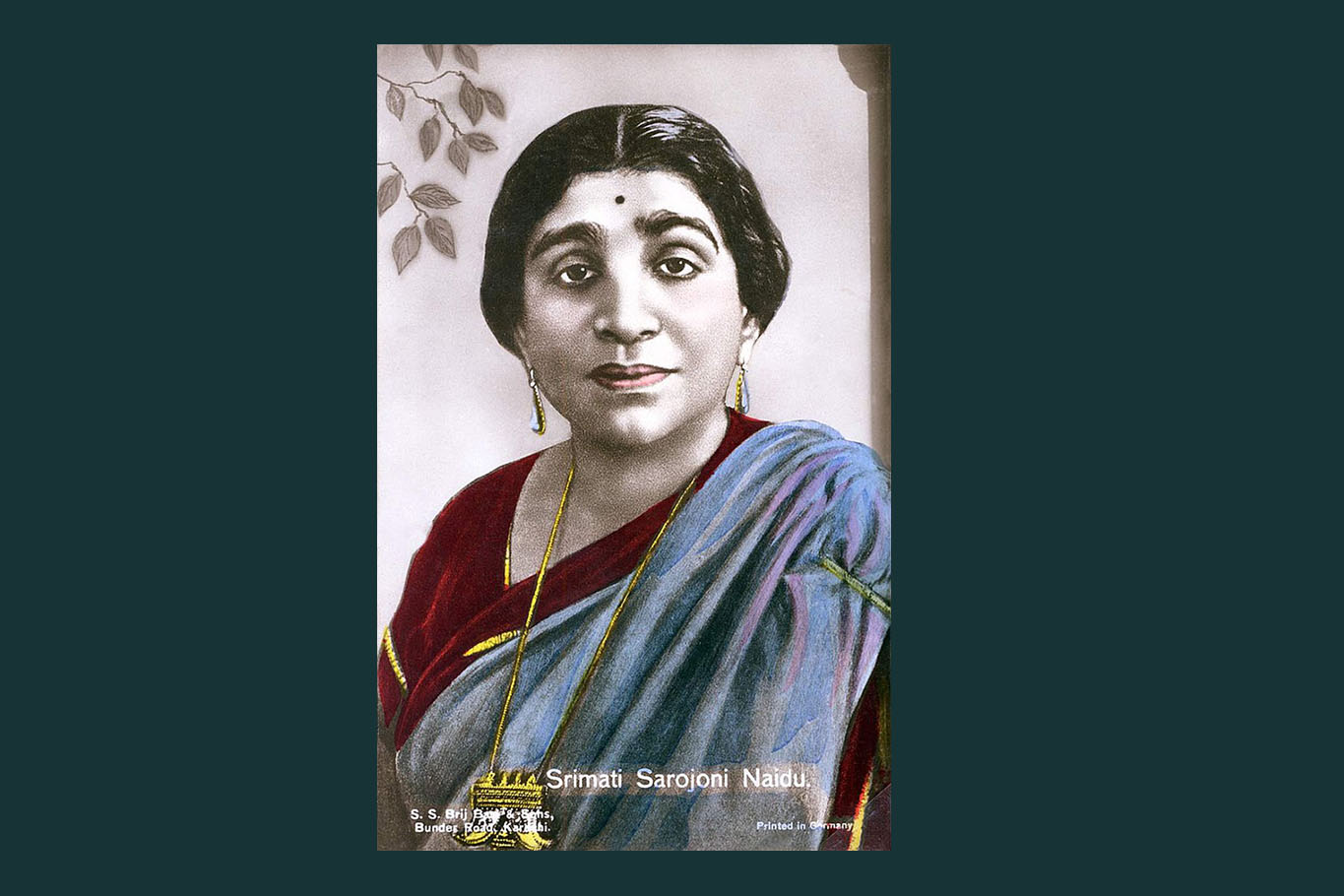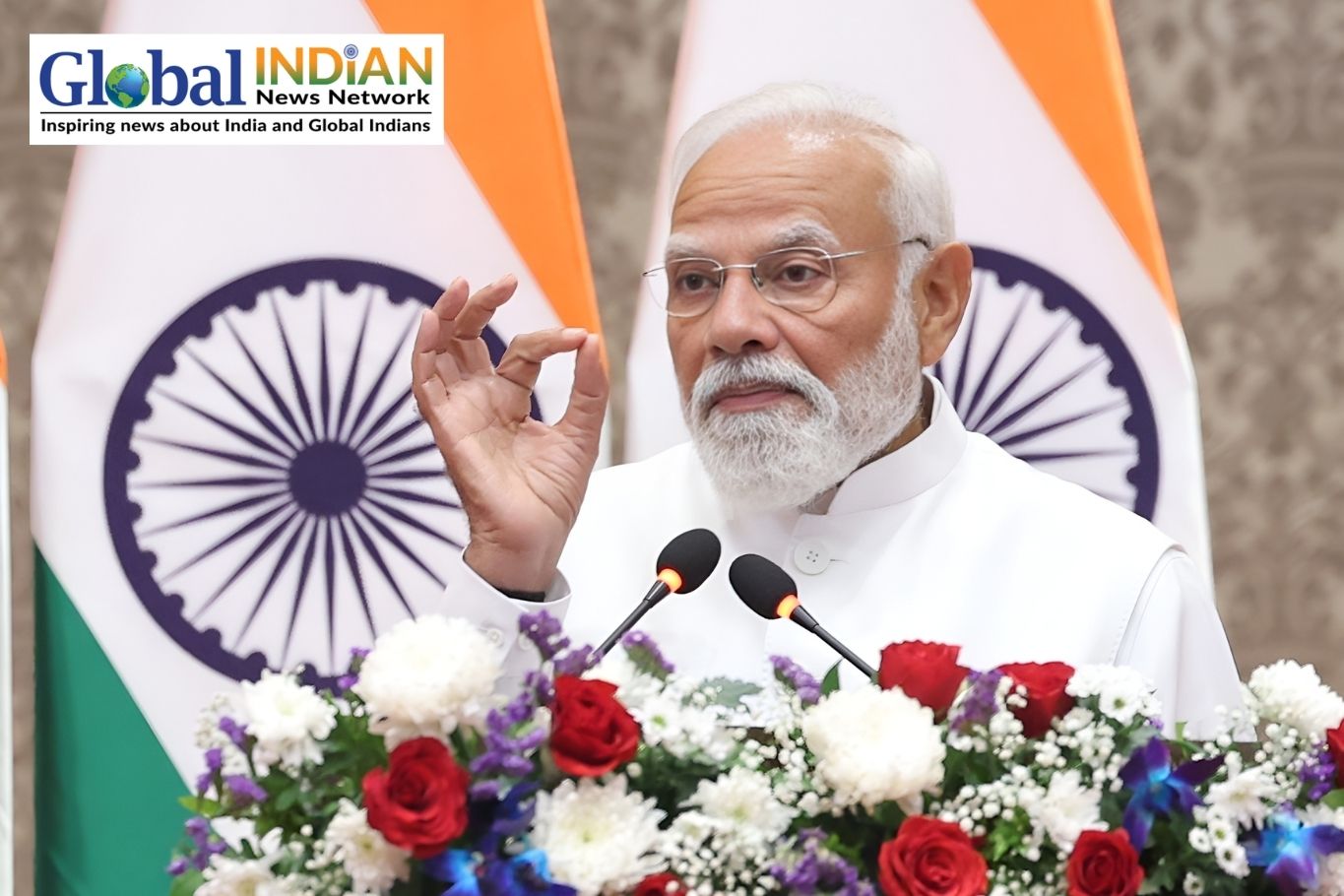 Sarojini Naidu, often overshadowed by other prominent figures of India’s independence movement, was a multifaceted personality who made significant contributions as both a freedom fighter and a celebrated poet. Born in Hyderabad on February 13, 1879, to Aghornath Chattopadhyay and Barada Sundari Devi, she displayed exceptional intellect and linguistic talent from a young age. Her father, a distinguished linguist and one of the early members of the Indian National Congress in Hyderabad, recognized her potential and encouraged her education.
Sarojini Naidu, often overshadowed by other prominent figures of India’s independence movement, was a multifaceted personality who made significant contributions as both a freedom fighter and a celebrated poet. Born in Hyderabad on February 13, 1879, to Aghornath Chattopadhyay and Barada Sundari Devi, she displayed exceptional intellect and linguistic talent from a young age. Her father, a distinguished linguist and one of the early members of the Indian National Congress in Hyderabad, recognized her potential and encouraged her education.
Naidu’s linguistic prowess was remarkable, as she demonstrated fluency in Urdu, Telugu, English, Bengali, and Persian. At the age of 12, she gained national recognition by topping the matriculation exams of Madras University. This early success earned her a scholarship from the Nizam of Hyderabad, which enabled her to pursue further studies abroad. Despite her aptitude for languages and literature, her father initially envisioned a career in mathematics for her.
Contribution in the Indian Independence Struggle:
Naidu’s journey into the realm of Indian politics and freedom struggle began during the tumultuous times of the partition of Bengal in 1905. She emerged as a vocal advocate for women’s rights and social welfare, aligning herself with the Indian National Congress and connecting with eminent leaders of the time, including Gopal Krishna Gokhale, Rabindranath Tagore, and Mahatma Gandhi.
During the crucial years between 1915 and 1918, Naidu distinguished herself as a skilled orator, delivering impassioned speeches on women’s empowerment and the need for societal reform. She actively participated in the non-cooperation movement initiated by Gandhi in 1919 and supported the Lucknow Pact, a significant milestone in Hindu-Muslim unity.
Naidu’s international advocacy for Indian independence was exemplified by her participation in the Round Table Conference in London and her efforts to garner support for the cause on the global stage. Despite facing imprisonment multiple times for her political activities, she remained steadfast in her commitment to India’s freedom struggle.
Sarojini Naidu’s Political Leadership:
In 1925, Sarojini Naidu made history by becoming the first Indian woman to preside over the Indian National Congress, a testament to her leadership and perseverance in a male-dominated political arena. Her tenure as the Congress president paved the way for greater participation of women in the political sphere and inspired future generations of female leaders.
Her role in shaping the direction of the Indian independence movement cannot be overstated, as she played a pivotal role in advocating for women’s rights, social justice, and national unity. Despite facing resistance and challenges, Naidu’s unwavering dedication to the cause of Indian independence left an indelible mark on the nation’s history.
Literary Legacy:
In addition to her political activism, Sarojini Naidu was a prolific poet whose verses captured the essence of modern India and its people. Often referred to as the ‘Nightingale of India,’ her poetry resonated with themes of patriotism, social justice, and the beauty of Indian culture. Works such as ‘The Golden Threshold,’ ‘The Bird of Time,’ and ‘The Broken Wing’ showcased her poetic brilliance and earned her acclaim both in India and abroad.
Honors and Recognition:
Sarojini Naidu’s contributions to Indian literature and the independence movement have been commemorated through various honors and accolades. Her birthday, February 13, is celebrated as Women’s Day in India, paying tribute to her pioneering role in championing women’s rights and empowerment. Additionally, she was posthumously awarded the title of ‘Nightingale of India’ for her literary achievements and her invaluable contributions to the nation’s struggle for independence.
In conclusion, Sarojini Naidu’s life and legacy stand as a testament to the power of resilience, intellect, and courage in shaping the course of history. As an icon of Indian nationalism and feminist ideals, she continues to inspire generations with her remarkable journey and unwavering commitment to the ideals of freedom and equality.









